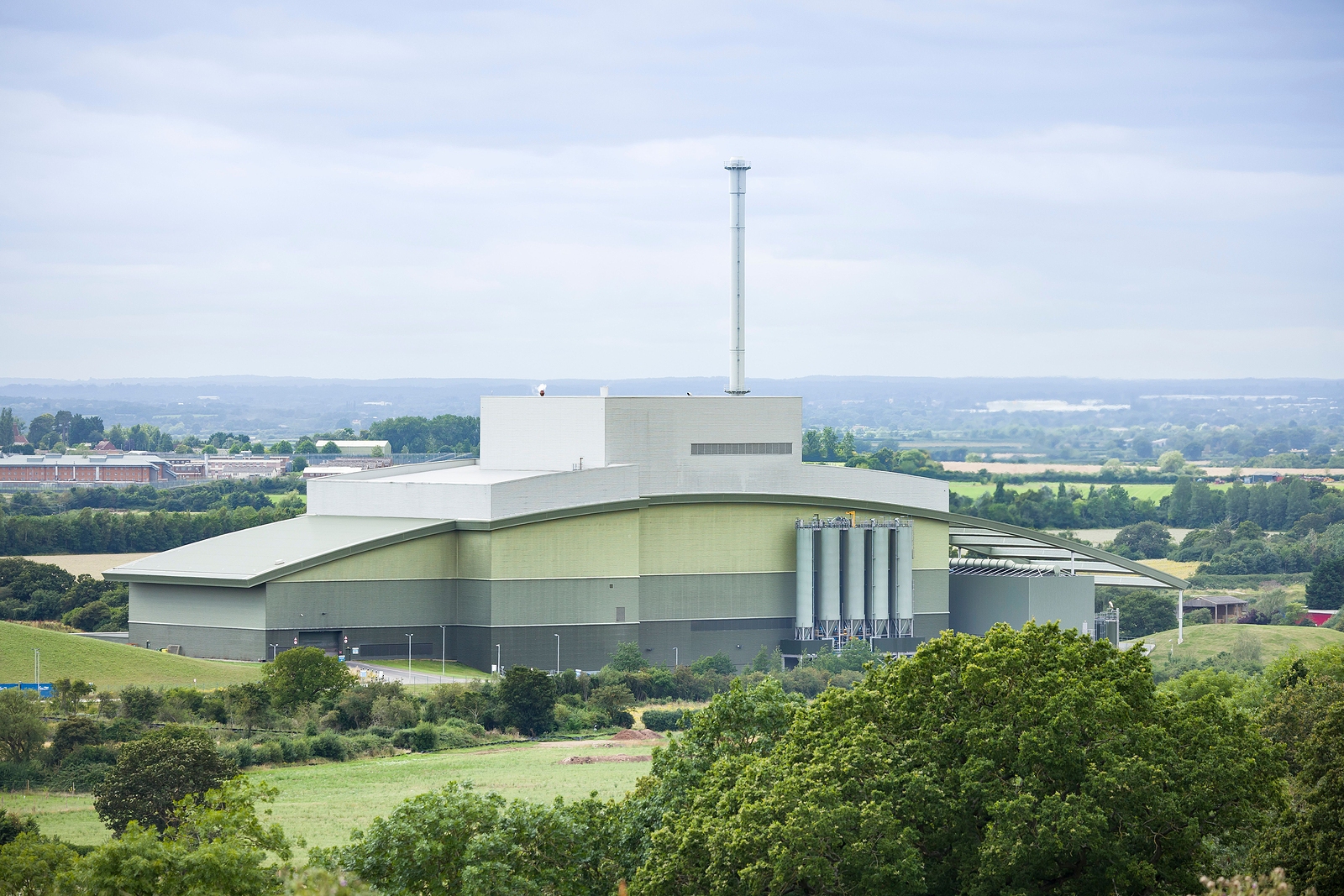The various uses of Artificial Intelligence (AI) have swept into the public consciousness in recent months, with the rise of free tools such as ChatGPT. However, behind the scenes, AI has been changing the way the world operates for several years, from healthcare to retail and recruitment.
AI technology has also been applied to the waste management sector. This is crucial at a time when the world is facing the potentially devastating consequences of climate change and the loss of natural resources.
By finding more efficient ways of recycling the products that we already have, it is possible to lower carbon emissions and help achieve net zero targets. It also helps to reduce the amount of fresh raw materials that are extracted from the earth and conserve the planet for future generations.
The BBC reports that some of the most advanced technologies are now being used to help better sort waste for recycling. Companies such as UK startup Greyparrot are making use of AI software to sort waste that passes along conveyor belts at materials recovery facilities (MRFs).
The founder Mikela Druckman explained that the technology is already in place at around 50 sites across Europe, as the amount of solid waste produced worldwide is expected to rise by 73%, to 3.88 billion tonnes by 2050.
Druckman explained: “In a single day you will have literally mountains of waste in one facility coming through, and what’s very shocking and surprising is that it never stops. There are no holidays for waste, it just keeps coming.”
“A product like a Coke bottle, once it goes into the bin, will be crumpled, crushed and dirty, and makes the problem much more complex from an AI standpoint.”
She added: “It is allowing regulators to have a much better understanding of what’s happening with the material, what materials are problematic, and it is also influencing packaging design.
The AI works by building up a huge database of waste products that it draws on to sort the waste into appropriate categories. This allows for non-recyclable and soiled materials to be picked out and so boosts the quality and volume of the materials that are eventually recycled.
The other way that AI is changing the waste management industry is through the original design of the packaging. Currently, a lot of plastic waste that is labelled as recyclable still ends up in landfill sites, either because it has been incorrectly disposed of, or incorrectly or confusingly labelled in the first place, known as ‘greenwashing.’
Ms Druckman told the BBC: “We’ve seen a lot of claims about eco or green packaging, but sometimes they are not backed up with real fact, and can be very confusing for the consumer.” Some brands are now introducing UV tags onto plastic bottles, which can be scanned at MRFs to help sort them for recycling and keep a record of the volumes.
Other solutions include rejecting the use of plastic as a packaging material at all, and replacing them with materials that are made from plant-based fibres. There has already been a drive to use less single-use plastics in everyday items such as yoghurt pot lids and plastic drinking straws.
Major supermarkets and brands such as Gillette are already implementing some of these changes to their packaging, but the use of plastic is still so widespread that this is very much a long-term solution.
Within a couple of years, a ‘reverse vending machine’ system will be rolled out across the UK, with the public able to enter empty cans and bottles in a machine and receive cash in return, probably around 20p per item.
However, just as solutions being are found, new single use products are arriving on the market and causing further problems. For example, single-use e-cigarettes contain both plastic and lithium batteries that make them difficult to recycle.
Lithium is a finite natural resource that is crucial to power electric vehicle batteries, yet it is estimated that around 10 tonnes of lithium a year is now ending up in landfill because of the surge in the popularity of vapes. The Local Government Association has called for disposable vapes to be banned by 2024.
If you are looking for industrial conveyor belt cleaners, please get in touch with us today.





